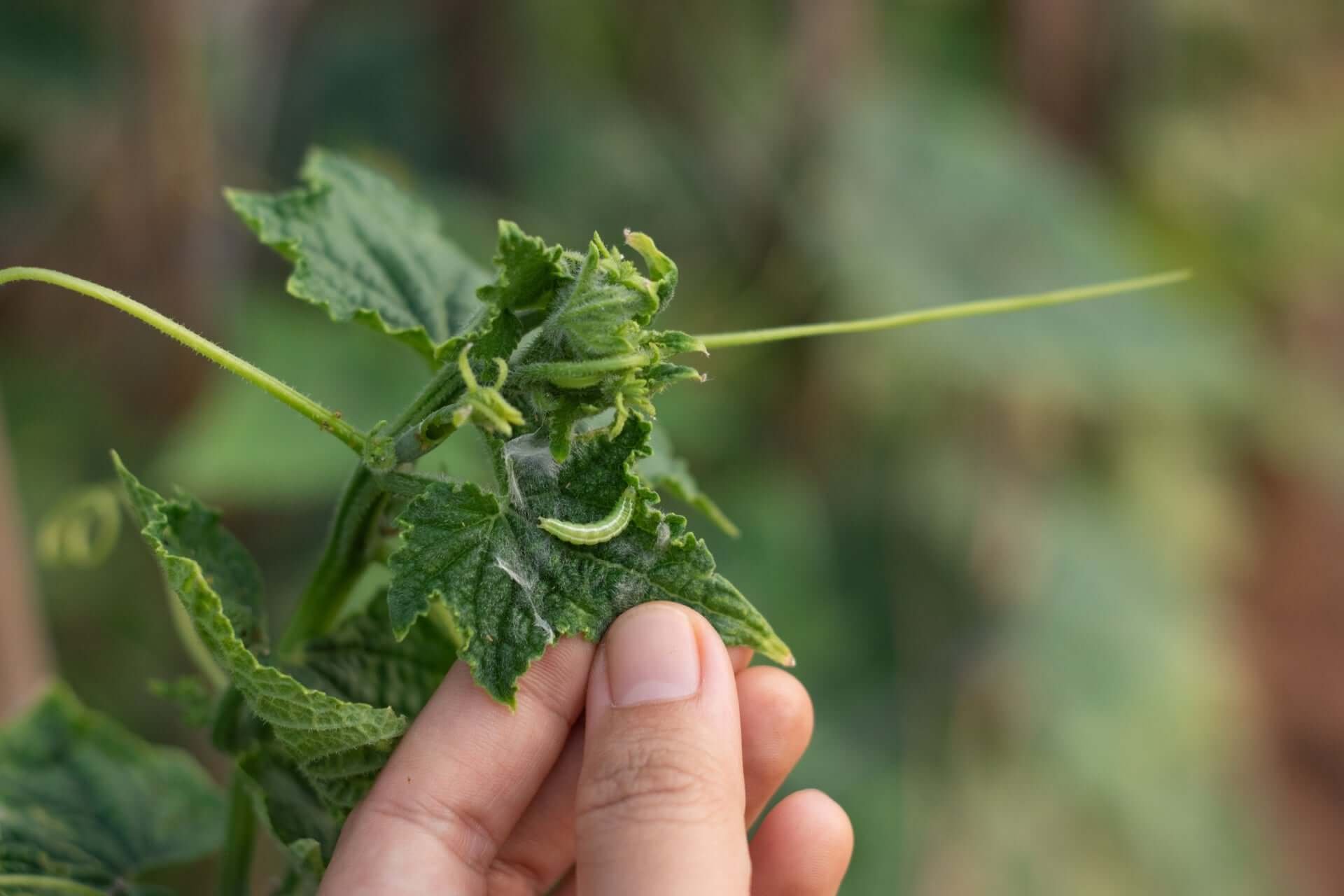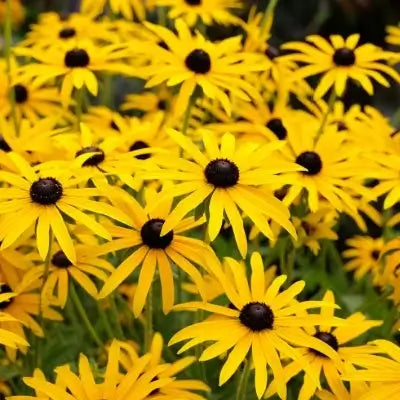Pollinator plants play a vital role in maintaining the health and stability of ecosystems worldwide
These plants specifically adapted to attract and support pollinators such as bees and butterflies, facilitate the crucial pollination process.
Pollination is the transfer of pollen, enabling fertilization and producing seeds and fruits. This process is essential for the reproduction of flowering plants and contributes to the diversity and abundance of plant and animal species.
Nearly 80% of all plant species are estimated to require pollinators to reproduce. We will explore the numerous ways pollinator plants are of utmost importance and the implications of their decline.
One of the primary benefits of pollinator plants is the production of food. Pollinators are responsible for pollinating a significant portion of the world's food crops, including fruits, vegetables, and nuts; without pollinators, many of these crops would experience reduced yields or fail altogether, leading to food shortages and increased prices.
Pollinator-dependent crops contribute billions of dollars to the global economy and are essential for human nutrition and food security. Beyond their impact on agriculture, pollinator plants also support biodiversity conservation. By attracting and supporting a diverse array of pollinators, these plants contribute to ecosystems' overall health and resilience.
Pollinators are essential links in food chains, transferring energy and nutrients between plants and other organisms
They also facilitate the reproduction of plant species, allowing for genetic diversity and adaptation to environmental changes. The loss of pollinator plants would disrupt these intricate ecological interactions and could have cascading effects on the stability and functioning of ecosystems.
Moreover, pollinator plants provide crucial habitat and resources for pollinators themselves. These plants offer nectar, a sugary liquid, as a reward to attract pollinators. Nectar is a vital energy source for pollinators, providing them with the necessary fuel for flight and survival.
Pollinator plants often provide shelter, nesting sites, and materials for constructing nests and cocoons. Some plant species have coevolved with specific pollinators, developing specialized structures and characteristics that facilitate successful pollination.
For instance, certain flowers have evolved long, tubular shapes to accommodate the long beak of hummingbirds, while others have developed bright colors and enticing scents to attract bees and butterflies. The economic value of pollinator plants extends beyond food production. Many industries rely on pollinators and their services.
For example, the floral industry depends on bees and other pollinators to produce cut flowers and ornamental plants. The honey industry is entirely reliant on bees for the pollination of flowering plants and the production of honey. In addition, ecotourism and recreational activities centered around observing and appreciating pollinators and their habitats contribute to local economies and provide employment opportunities.
Unfortunately, pollinator plants and the pollinators they support are facing numerous threats, including habitat loss, pesticide use, climate change, and invasive species. The destruction and fragmentation of natural habitats, such as forests and meadows, reduce the availability of suitable food and nesting resources for pollinators. Pesticides, particularly neonicotinoids, can affect pollinators' behavior, reproduction, and overall health. Climate change disrupts the timing of flowering and nectar availability, leading to mismatches between plants and their pollinators. The decline of pollinator plants and pollinators has far-reaching consequences.
Reduced pollination services could decrease agricultural productivity, increasing food prices and insecurity. The loss of pollinator-dependent plant species could disrupt entire ecosystems and lead to the decline or extinction of other plant and animal species that rely on them for food and habitat. The economic impacts of pollinator decline could be substantial, affecting industries and livelihoods that depend on pollinators.
Furthermore, the cultural and aesthetic value of vibrant, diverse plant communities and the beauty of pollinators in nature would be diminished. A multifaceted approach is required to address these challenges and conserve pollinator plants and pollinators. It includes protecting and restoring pollinator habitats, reducing pesticide use, promoting sustainable agriculture practices, raising awareness about the importance of pollinators, and engaging in scientific research to understand their needs and behavior better.
Efforts to establish pollinator-friendly gardens and green spaces in urban areas can also provide valuable refuges and resources for pollinators.
Pollinator plants are essential to ecosystems, agriculture, biodiversity, and human well-being
They provide vital pollination services that enable food production, support biodiversity conservation, and contribute to various industries and economic sectors.
The decline of pollinator plants and pollinators threatens these invaluable services and poses significant challenges to global food security, ecosystem stability, and socio-economic well-being. We must take action to protect and restore pollinator habitats, reduce the use of harmful pesticides, and promote the survival and thriving of pollinator plants and the pollinators they support.
By doing so, we can secure a sustainable future for ourselves and the diverse species with whom we share this planet. -- Tn Nursery https://www.tnnursery.net
#pollinatorplants #perennials #butterflies #bees #hummingbirds #TNNursery
https://www.tnnursery.net/











































































































